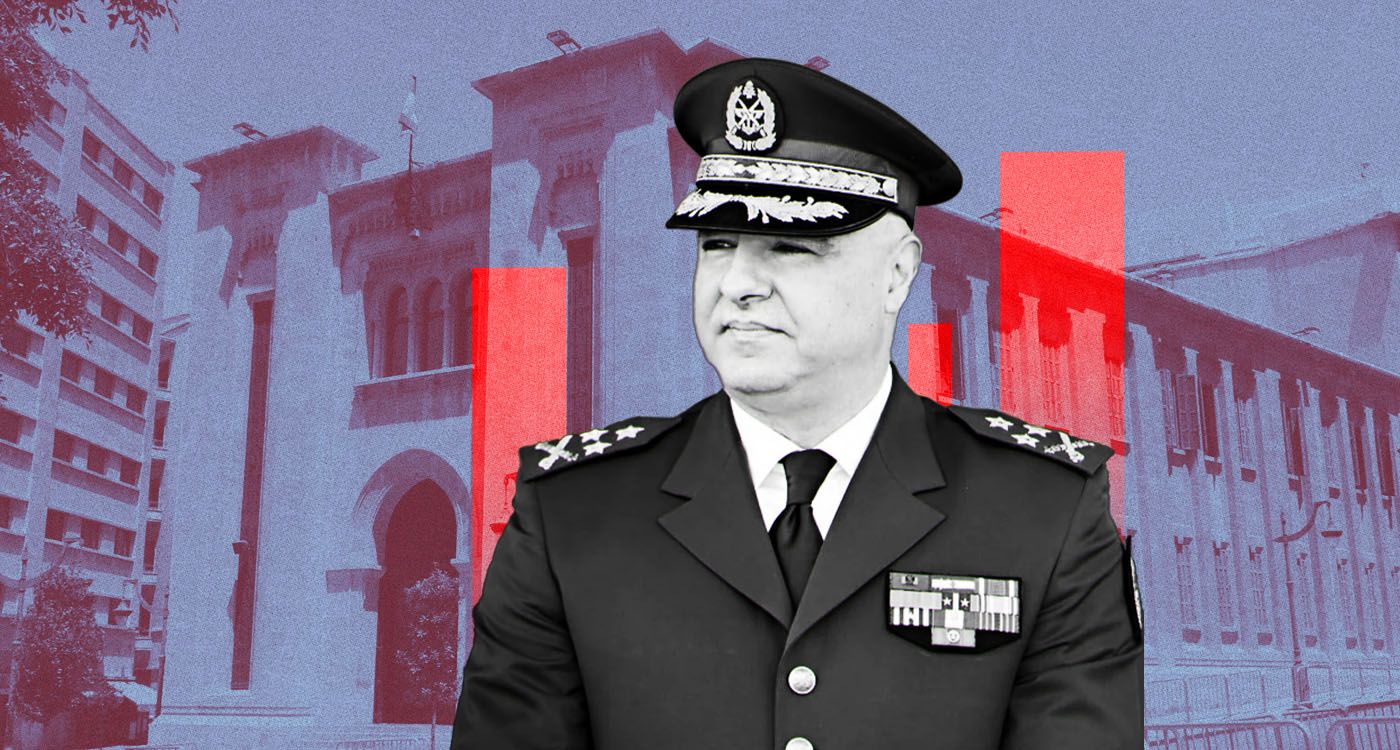
On November 28, Parliament opted for a package deal that would satisfy the interests of the various parliamentary blocs. All of them? No, because some 47 of the 98 members of Parliament present in the hemicycle opposed the vote, under which the one-year extension of the term of office of the Commander-in-Chief of the Army, Joseph Aoun, was combined with that of the heads of the security apparatus, as well as that of all officers of the rank of brigadier general and above.
Favoring the reappointment of the army chief alone, these 47 MPs said no to a deal that in no way reflected the common will. At first glance, the vote, which resulted in 51 votes in favor and 47 against, would appear to reflect a deep division among the elected representatives. However, a closer analysis of the situation reveals that the vote, as organized, does not accurately reflect the support enjoyed by General Joseph Aoun, a universally respected figure and pillar of national stability. Under his leadership, the army remains one of the few – if not the only – of the country's institutions to enjoy unanimous confidence in a deeply divided society. This confidence extends to its commander-in-chief, whose role goes far beyond that of a mere military leader.
A symbol of unity and resilience for a country in search of stability, the current commander, whose mandate has been renewed for the second consecutive time (the first dating back to 2023), has managed to maintain the cohesion of the armed forces despite unprecedented security, political, economic and social challenges.
A vote skewed by a global approach
Despite prior discussions between MPs to unify the text, and even though several legislative proposals had previously been put forward by different parliamentary blocs including the Lebanese Forces (LF), National Moderation and Renewal, only two versions of the law were put to the vote. The first concerned only security chiefs; the second included all brigadier generals and higher-ranking officers. The latter was adopted by 51 MPs, including those from Hezbollah, the Amal movement, the National Entente and “former” members of the Free Patriotic Movement (FPM). However, it was vetoed by the FL, Kataeb, National Moderation, Renewal and Progressive Socialist Party (PSP), who were unable to unify the various legislative proposals drafted in this direction. The November 28 vote therefore did not allow representatives to vote separately on the various extensions.
By grouping the reappointment of the army's commander-in-chief and the heads of the other security and brigade apparatuses in the same vote, parliamentarians were faced with a binary choice, which did not allow them to express a distinct position on each issue. Had the vote focused solely on the renewal of General Joseph Aoun's term of office, the outcome would undoubtedly have been very different. Many MPs, who were in favor of his extension, expressed reservations about other aspects of the overall proposal, which led them to vote against the whole package.
While the outcome of Parliament's vote does not reflect the reality of support for the army's commander-in-chief, the fact remains that the country's decision-making processes should be prone to reforms requiring greater transparency and representativeness.



Comments